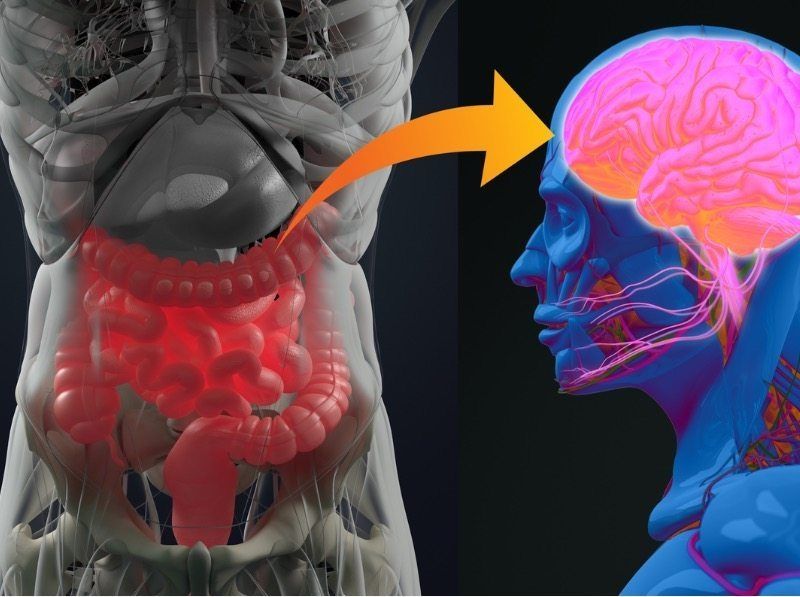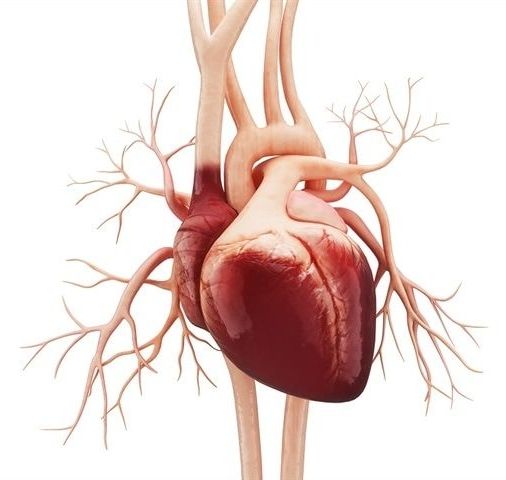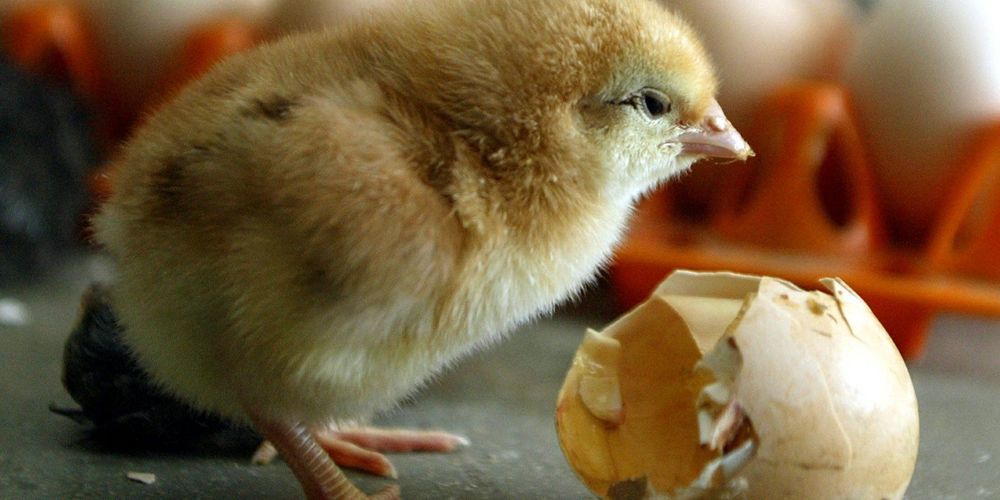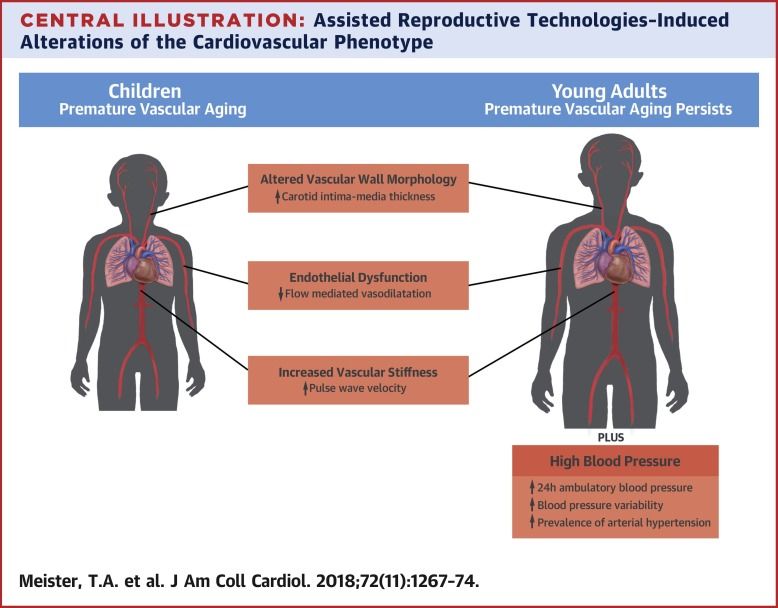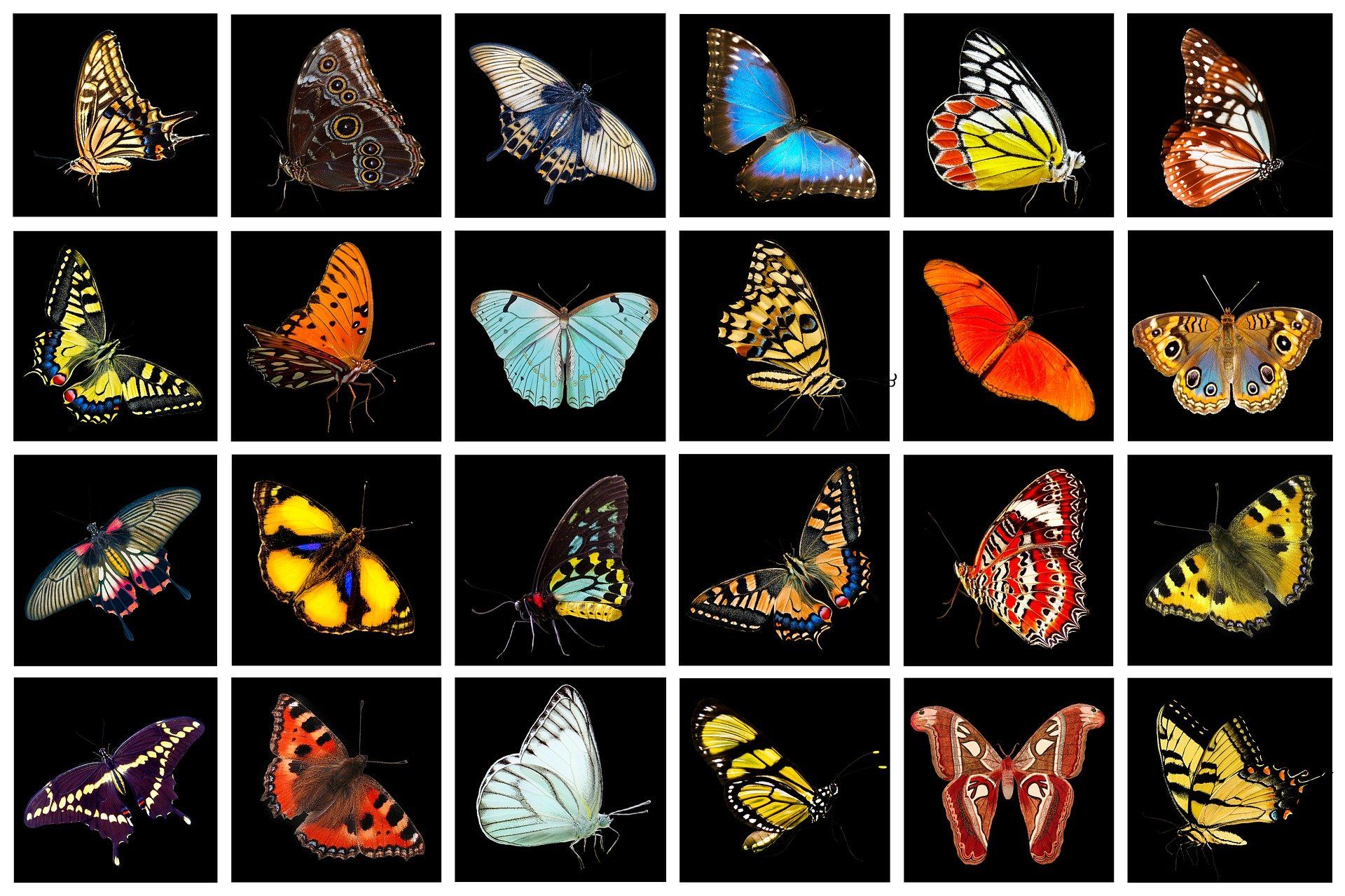Archive for the ‘sex’ category: Page 24
Mar 13, 2019
Amazon Pulls 2 Books That Promote Unscientific Autism ‘Cures’
Posted by Caycee Dee Neely in categories: biotech/medical, neuroscience, sex
Good for Amazon.
Amazon has removed the online listings for two books that claim to contain cures for autism, a move that follows recent efforts by several social media sites to limit the availability of anti-vaccination and other pseudoscientific material.
The books, “Healing the Symptoms Known as Autism” and “Fight Autism and Win,” which had previously been listed for sale in Amazon’s marketplace, were not available on Wednesday. The company confirmed that the listings had been removed, but declined to discuss why or whether similar books would be taken down in the future.
Continue reading “Amazon Pulls 2 Books That Promote Unscientific Autism ‘Cures’” »
Feb 14, 2019
Scientists Are Using AI to Find Hotel Rooms Being Used for Child Sex Trafficking
Posted by Quinn Sena in categories: robotics/AI, sex
Jan 23, 2019
Common Food Additives May Promote Anxiety-Related Behavior In Mice
Posted by Xavier Rosseel in categories: biotech/medical, food, neuroscience, sex
Food additives known as dietary emulsifiers, commonly found in processed foods to improve texture and extend shelf life, may adversely affect anxiety-related and social behaviors in mice, Georgia State researchers have found.
The scientists also observed sex differences in the mice’s behavioral patterns, suggesting that emulsifiers affect the brain via distinct mechanisms in males and females.
The study, published in Scientific Reports, was led by Geert de Vries, professor of neuroscience and associate vice president for research at Georgia State, and Benoit Chassaing, assistant professor of neuroscience. Andrew T. Gewirtz, professor in the Institute for Biomedical Sciences, also contributed.
Continue reading “Common Food Additives May Promote Anxiety-Related Behavior In Mice” »
Jan 12, 2019
CES 2019: from beer tech to a banned sex toy – 10 standout gadgets
Posted by Derick Lee in categories: electronics, sex
The Consumer Electronics Show in Las Vegas revealed what the tech world has in store for us this year. From the spectacular to the controversial – as well as some total tosh – here are 10 of the most memorable products unveiled at CES 2019 last week.
Also unveiled in Las Vegas: the world’s first rollable TV and Alexa for your toilet.
Jan 10, 2019
Gene governing body’s biological clock acts differently in males versus females
Posted by Xavier Rosseel in categories: biotech/medical, sex
Research suggests that a gene that governs the body’s biological (circadian) clock acts differently in males versus females and may protect females from heart disease. The study is the first to analyze circadian blood pressure rhythms in female mice. The research, published ahead of print in the American Journal of Physiology—Regulatory, Integrative and Comparative Physiology, was chosen as an APSselect article for January.
The body’s circadian clock—the biological clock that organizes bodily activities over a 24-hour period— contributes to normal variations in blood pressure and heart function over the course of the day. In most healthy humans, blood pressure dips at night. People who do not experience this temporary drop, called “non-dippers,” are more likely to develop heart disease. The circadian clock is made up of four main proteins (encoded by “clock genes”) that regulate close to half of all genes in the body, including those important for blood pressure regulation.
These results suggest that the lack of PER1 acts differently in males and females. The findings are consistent with research showing that premenopausal women are less likely to be non-dippers than men of the same age. “This study represents an important step in understanding sex differences in the regulation of cardiovascular function by the circadian clock,” the researchers wrote.
Continue reading “Gene governing body’s biological clock acts differently in males versus females” »
Dec 30, 2018
What will be the biggest stories of 2019? | Part One | The Economist
Posted by Derick Lee in categories: economics, health, law enforcement, robotics/AI, sex, transportation, wearables

Power suits, robotaxis, Leonardo da Vinci mania—just a few of the things to look out for in 2019. But what else will make our top ten stories for the year ahead?
Click here to subscribe to The Economist on YouTube: https://econ.st/2xvTKdy
Continue reading “What will be the biggest stories of 2019? | Part One | The Economist” »
Dec 28, 2018
The world’s first no-kill eggs have gone on sale after scientists found a way to determine a chick’s sex before it hatches
Posted by Genevieve Klien in category: sex
German scientists have found a way to determine a chick’s sex while it is still an embryo. This could help end the culling of billions of male chicks.
Dec 14, 2018
Association of Assisted Reproductive Technologies With Arterial Hypertension During Adolescence
Posted by Pat Maechler in categories: biotech/medical, genetics, life extension, sex
There’s a positive correlation of assisted reproductive technologies with arterial hypertension. Epigenetics and hormone treatments with IVF are probable causes.
Assisted reproductive technologies (ART) have been shown to induce premature vascular aging in apparently healthy children. In mice, ART-induced premature vascular aging evolves into arterial hypertension. Given the young age of the human ART group, long-term sequelae of ART-induced alterations of the cardiovascular phenotype are unknown.
This study hypothesized that vascular alterations persist in adolescents and young adults conceived by ART and that arterial hypertension possibly represents the first detectable clinically relevant endpoint in this group.
Dec 13, 2018
Biologists shed new light on the diversity of natural selection
Posted by Xavier Rosseel in categories: genetics, sex
Evolutionary genetic theory shows that genetic variation can be maintained when selection favors different versions of the same genes in males and females—an inevitable outcome of having separate sexes. That is, for many genes, there may not be a universally ‘best’ version, but rather one is best for males and one is best for females. This is known as sexually antagonistic genetic variation, but it might only be maintained under a narrow set of conditions, limiting its prevalence in nature. However, a new study by Dr. Karl Grieshop and Professor Göran Arnqvist, published in PLoS Biology, may change this view.
“One of the simplest ways for sexually antagonistic selection to maintain genetic variation in fitness is via sex-specific dominance reversal, where neither version of a gene is always dominant or recessive, but rather the version that benefits a given sex is also dominant in that sex. So whether a given version of a gene is dominant or recessive to the other will depend upon which sex it is in,” says Dr. Karl Grieshop.



